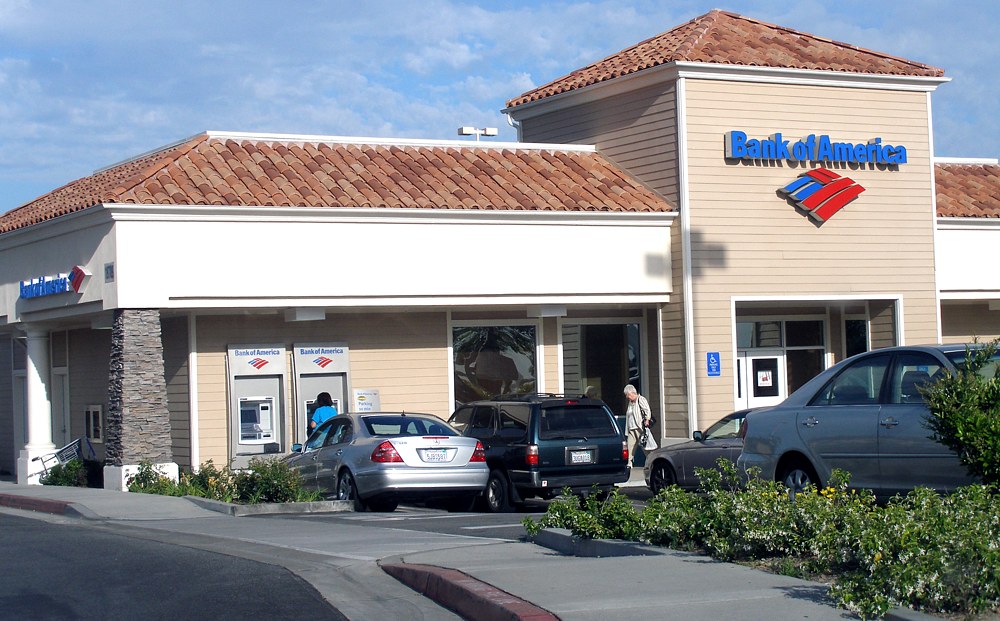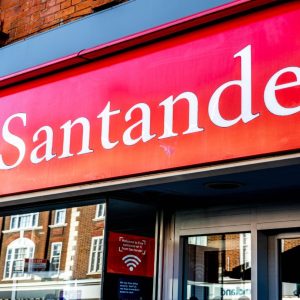
US-based financial services company Bank of America has agreed to pay $250m in fines and compensation to customers to settle several consumer abuse claims.
The Consumer Financial Protection Bureau (CFPB) has ordered the US lender to pay $100m in compensation to customers for systematically double-charged customers fees.
CFPB also accused the bank of withholding reward bonuses promised to credit card customers and misusing sensitive personal information to open accounts without customer consent.
According to the Office of the Comptroller of the Currency (OCC), the bank was illegally double-dipping on fees.
Bank of America will pay $150m in fines, comprising $90m penalties to the CFPB for illegally charging additional fees and $60m to the OCC for its double-dipping fee practices.
CFPB director Rohit Chopra said: “Bank of America wrongfully withheld credit card rewards, double-dipped on fees, and opened accounts without consent.
“These practices are illegal and undermine customer trust. The CFPB will be putting an end to these practices across the banking system.”
CFPB said that the Bank of America harmed hundreds of thousands of consumers over a period of several years and across multiple product lines and services.
The bank deployed a double-dipping scheme to harvest junk fees and generated additional revenue by illegally charging multiple $35 fees over a period of several years.
Also, the US lender held back the promised cash and points rewards on credit cards and misused sensitive customer information to open unauthorised accounts since 2012.
Bank of America employees illegally applied for and enrolled consumers in credit card accounts and illegally obtained consumers’ credit reports without their authorisation.
In 2014, the CFPB ordered Bank of America to pay $727m to compensate the victims for its illegal credit card practices.
In May last year, the CFPB ordered the bank to pay a $10m civil penalty over unlawful garnishment.
Later that year, CFPB and OCC fined Bank of America $225m for mishandling the disbursement of state unemployment benefits during the Covid-19 pandemic.






